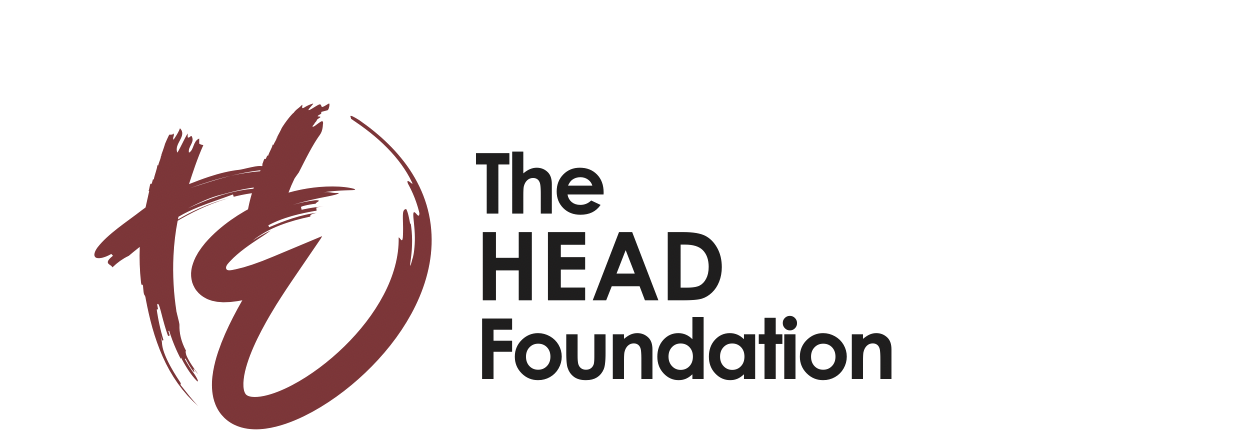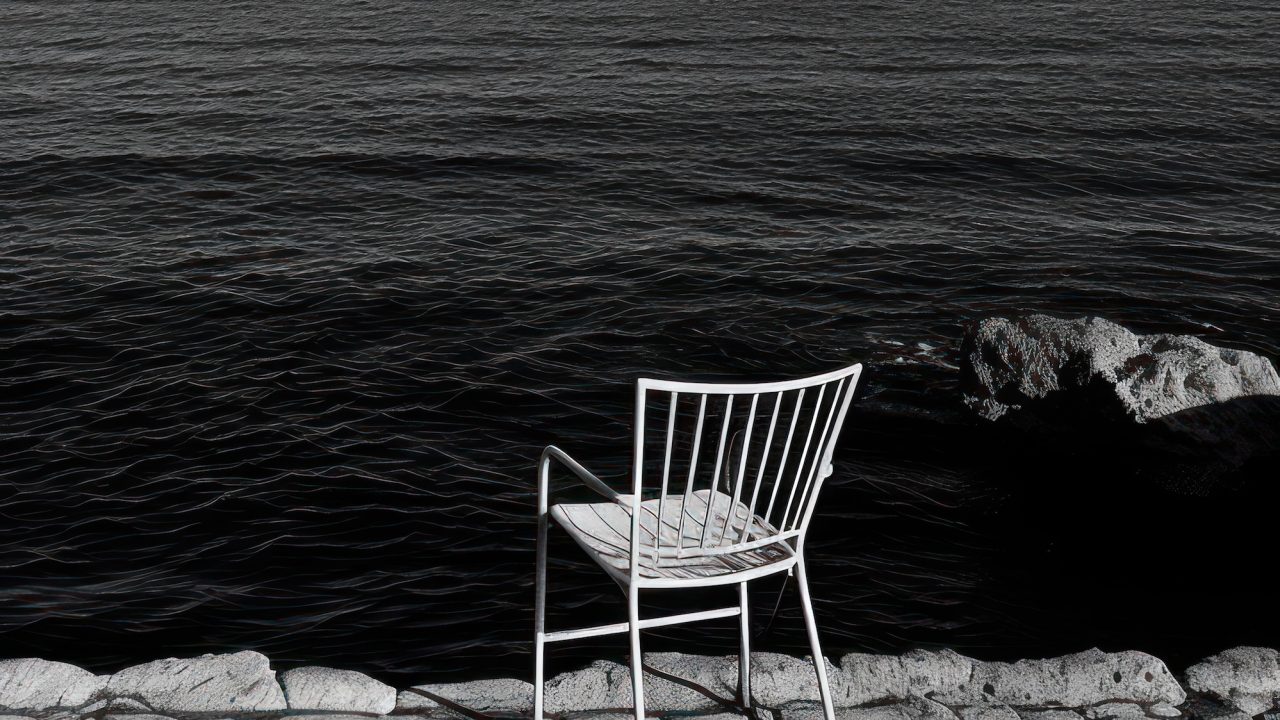I am Yi Bin, a person trying to live life on my own terms. I went to the Rhode Island School of Design to learn how to make pictures, and the North Bennet Street School to learn how to make books. Because of that, I think a lot about why we make things (not just objects but systems, choices, and organisations too), and how they should be made. I am currently employed at the Harvard Art Museums as a matting and framing technician, but I consider my true work to be cooking and feeding my friends, and bringing people together. In my spare time, I’m probably reading or gaming.
Last week, I hosted some Singaporean friends for hot pot and board games, eight people squeezed around a single electric stove. We pulled out an extra folding table, but it still wasn’t enough space for all the food people brought — napa, winter melon, tofu skin rolls, slices of pork, lamb and beef, etc. We’d met completely by chance, a group of strangers that happened to sit at the same table at a Chinese New Year banquet for Singaporeans in Boston. As we made our introductions, someone commented on how hard it was to make friends as transplants to a new city, and so our WhatsApp group was formed. I’ve seen this happen enough times, where interest peters out as soon as people return to their regular, everyday lives, the spark of new connections forgotten. So, I made sure to pin down a concrete time and place for a first casual hangout — dinner and drinks in my tiny apartment. Now we meet every month at my place, with each gathering larger than before, as people ask if they can bring their other Singaporean friends. I start with this anecdote because I want to ground this article in what real connection looks like, and how I am choosing to redirect the attention that I reclaim from social media.
But the more I scrolled, the more frustrated I felt by the unfulfilled promise of connection. Instead of my friend’s posts, I found my feed filled with sponsored content I couldn’t turn off.
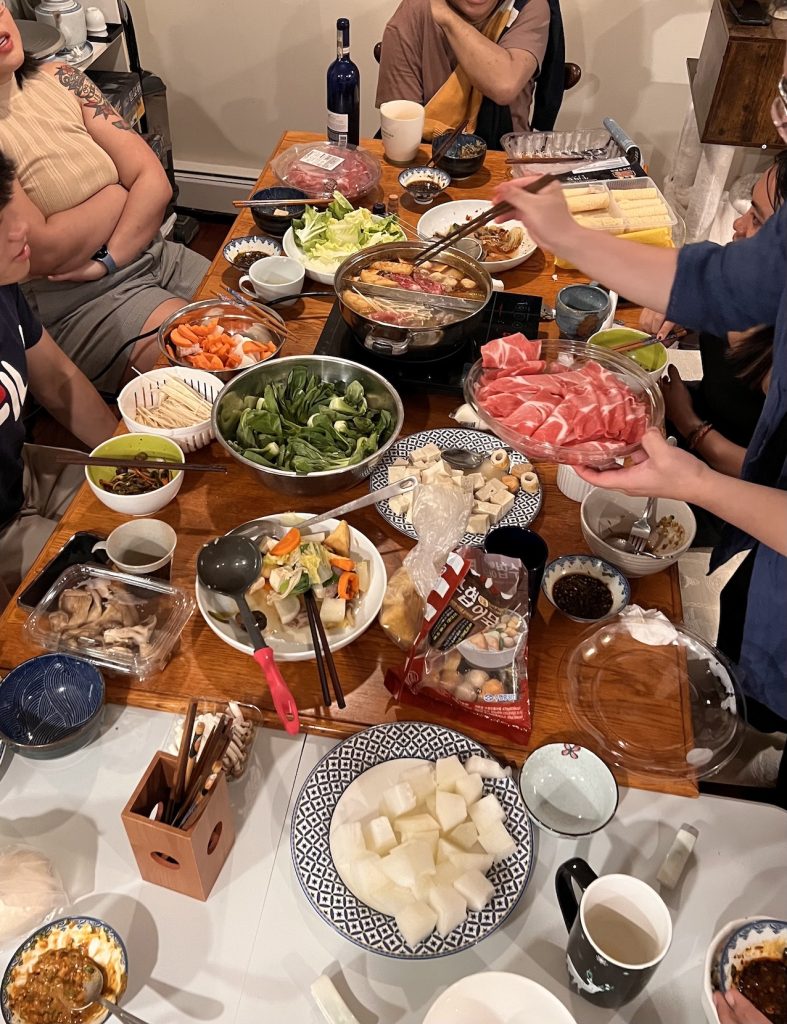
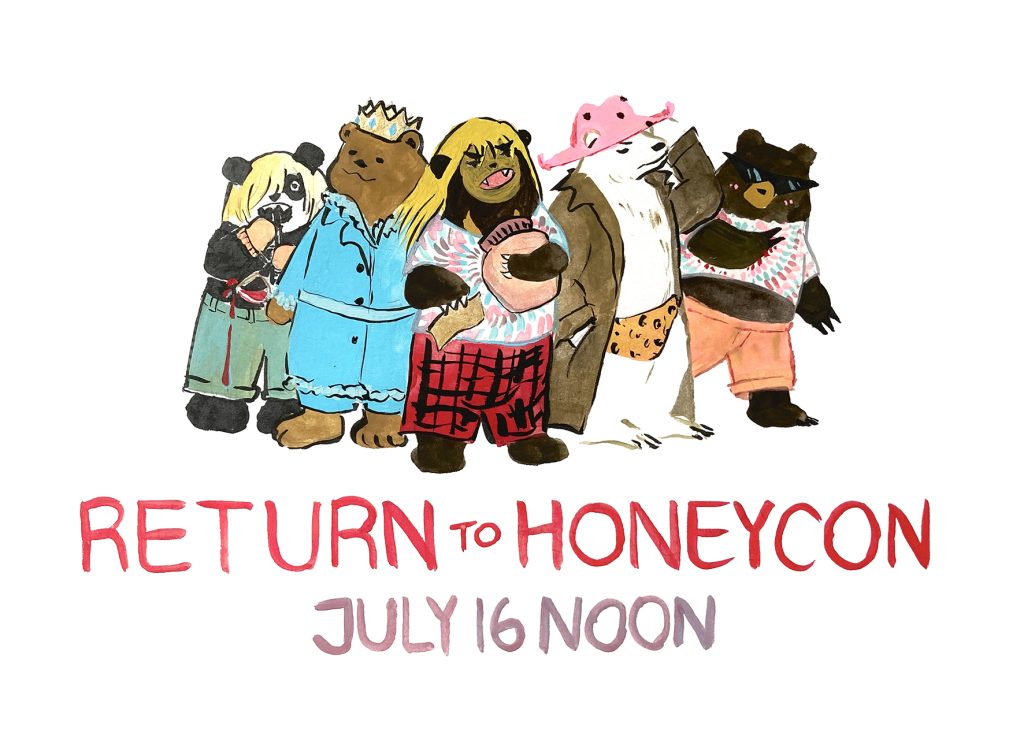
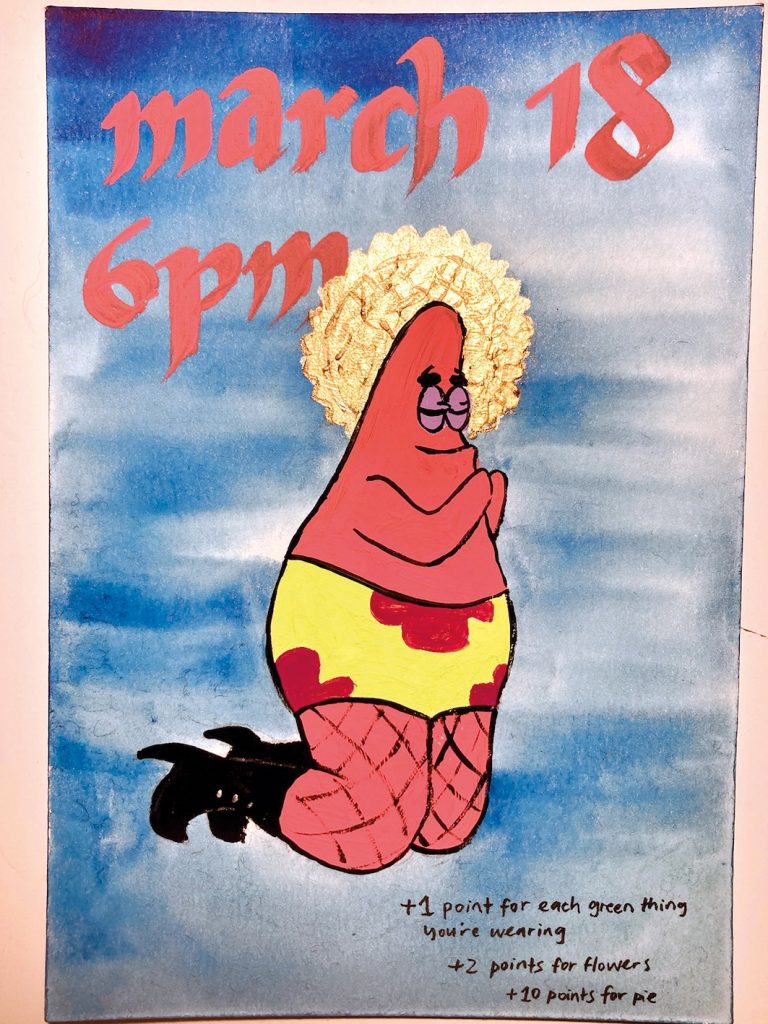
Clockwise from left: Gathering for hot pot with my new Singaporean friends in Boston; An invitation for a TTRPG (tabletop roleplaying game party) where we roleplayed as bears attempting to steal honey from unsuspecting humans; An invitation to a St Patrick’s Day / Pi Day party for which I made seven different pies
I wavered on quitting social media for a long time. Living overseas in America, Facebook and Instagram were my main ways to keep in touch with friends and family back in Singapore. Cutting off those connections felt like social suicide. But the more I scrolled, the more frustrated I felt by the unfulfilled promise of connection. Instead of my friend’s posts, I found my feed filled with sponsored content I couldn’t turn off, and suggested posts that I could only temporarily snooze. My private messages kept getting filled up with bots and ads.
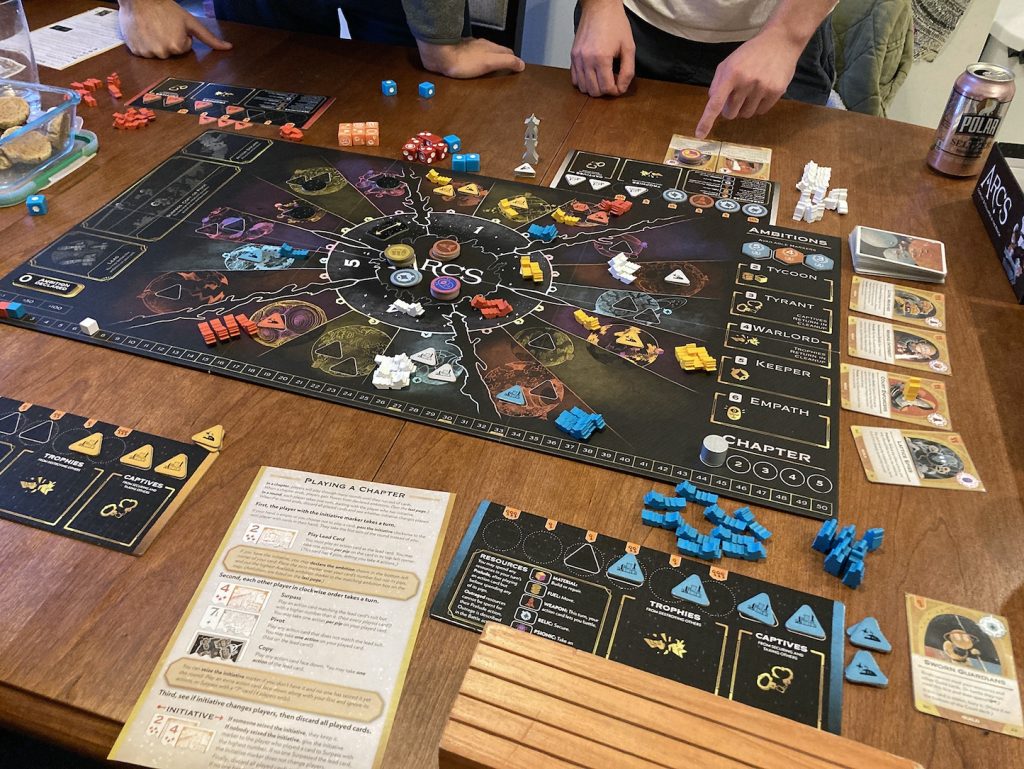
By the time we realise they're no longer incentivised to provide a good experience for users, we’re too trapped by all the communities and systems we've built using their platforms to leave.
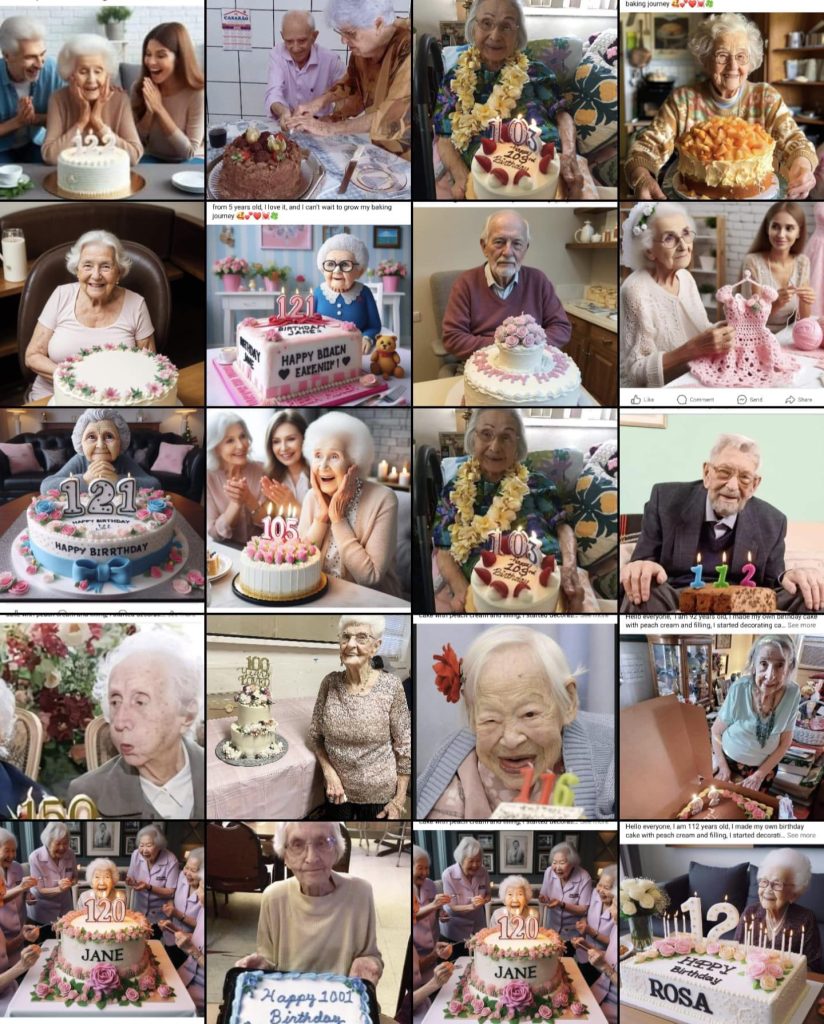
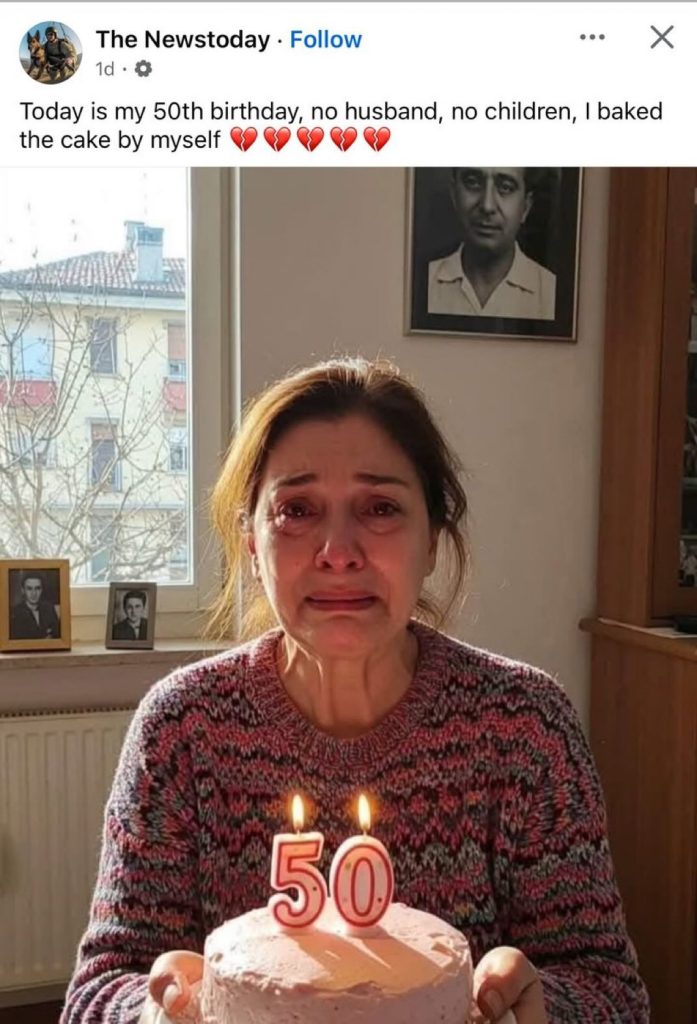
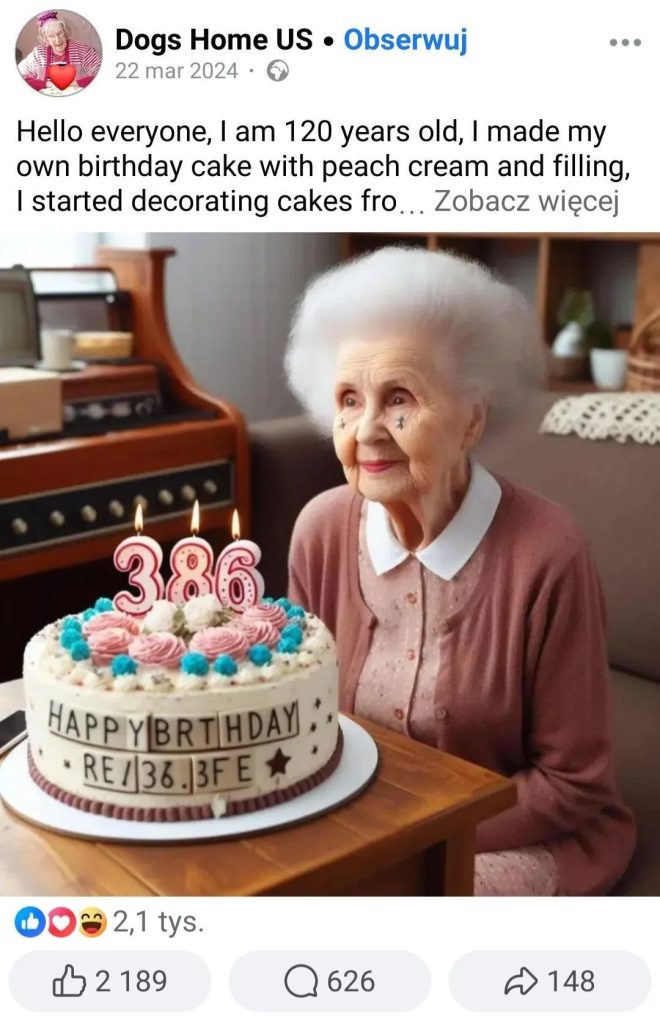
Are you seeing these fake AI birthday cake posts all over Facebook? Who is even generating them, and why? Losing my mind over all these people interacting with them like they’re real.
I had to actively seek out my friend’s profile pages, and it felt like social media was working against its original purpose. Even then, interactions felt shallow and transactional, consisting of exchanging likes and comments without any real or meaningful conversation. All of this intensified during my brief stint as a freelance artist, when I was relying on social media for self-promotion and networking. It felt like I was being used by the platform, instead of being the user. The major platforms have all followed a similar pattern: providing value to free users to grow their networks, then shifting their focus to generate value for advertisers, finally exploiting both users and advertisers to generate value for shareholders. By the time we realise they’re no longer incentivised to provide a good experience for users, we’re too trapped by all the communities and systems we’ve built using their platforms to leave. (Case in point: it would be so easy for Instagram to allow embedded links in posts, but they don’t because that would divert users away from the platform.)
When one of my best friends announced that she was moving out of state, I knew I had to find a better way to stay in touch. Together with a third friend, we started writing a sort of ‘newsletter’ together through an app called Letterloop, sending each other updates, thoughts and questions every two weeks. The private nature of this form of communication allowed us to share more deeply, and we became closer friends despite being physically apart. The longer, spaced-out timeframe encourages more introspective and thoughtful responses. I think it took all of us some time to learn how to articulate the nuances of our daily lives, but that same process taught us to examine how we live and why. We’ve helped each other through major life upheavals (divorce, career changes, family crises), but also mundane annoyances like paperwork and travel planning. We’re on our 105th newsletter now, and no one has missed replying even once.
Bolstered by the success of our early foray into Letterloop, I started looking for other ways to recreate that same warmth and intimacy with larger groups of people. During the pandemic, Discord servers gained traction as a way for friend groups to hang out together online. In case you haven’t heard of them before, they’re invite-only chat rooms where you can create text channels for specific conversation topics, run voice or video calls with screen sharing capabilities, like Slack for video gamers. Most guilds in an MMORPG (massively multiplayer online role-playing game) will have one, and many game studios create official servers for players to share feedback and compare strategies. I started one for my friends who used to come over to play board games and watch anime together, and it was a pretty seamless transition to continuing our weekly gatherings online. Besides the robust technical features, the most attractive feature of Discord is the platform’s lack of paid ads and its skew towards invite-only communities. Non gamers have gotten in on the action — I’m currently part of a server for my local neighbourhood where people talk about local politics or ask to borrow tools from each other, another one for readers of the same newsletter, and yet another one for queer people who play Magic: The Gathering (the original trading card game). Despite being in over 30 groups, the highly specific notification settings prevent it from feeling overwhelming. Being able to control exactly what you see feels like such a breath of fresh air after the frustration of the big platforms.
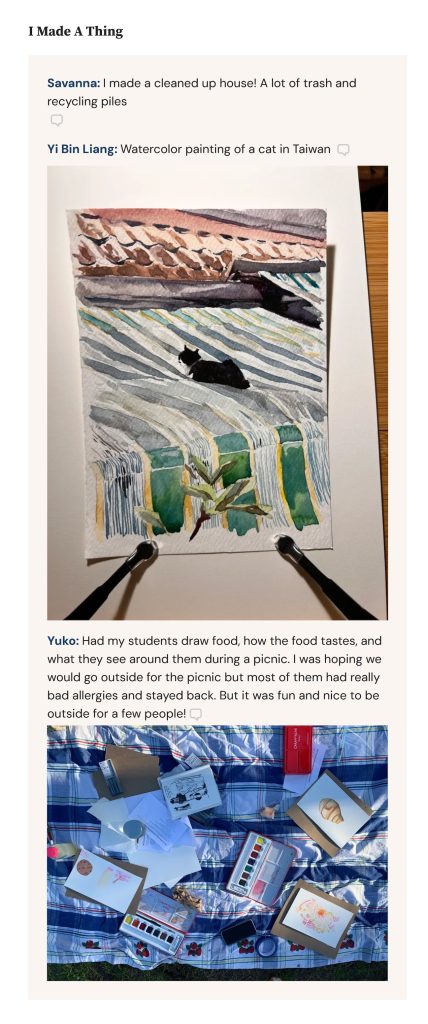
By default, the Letterloop format starts with three questions or prompts, but you can add any custom sections you like. My friends and I all have art backgrounds, so we have a section for everyone to share something they’ve made.
Being able to control exactly what you see feels like such a breath of fresh air after the frustration of the big platforms.

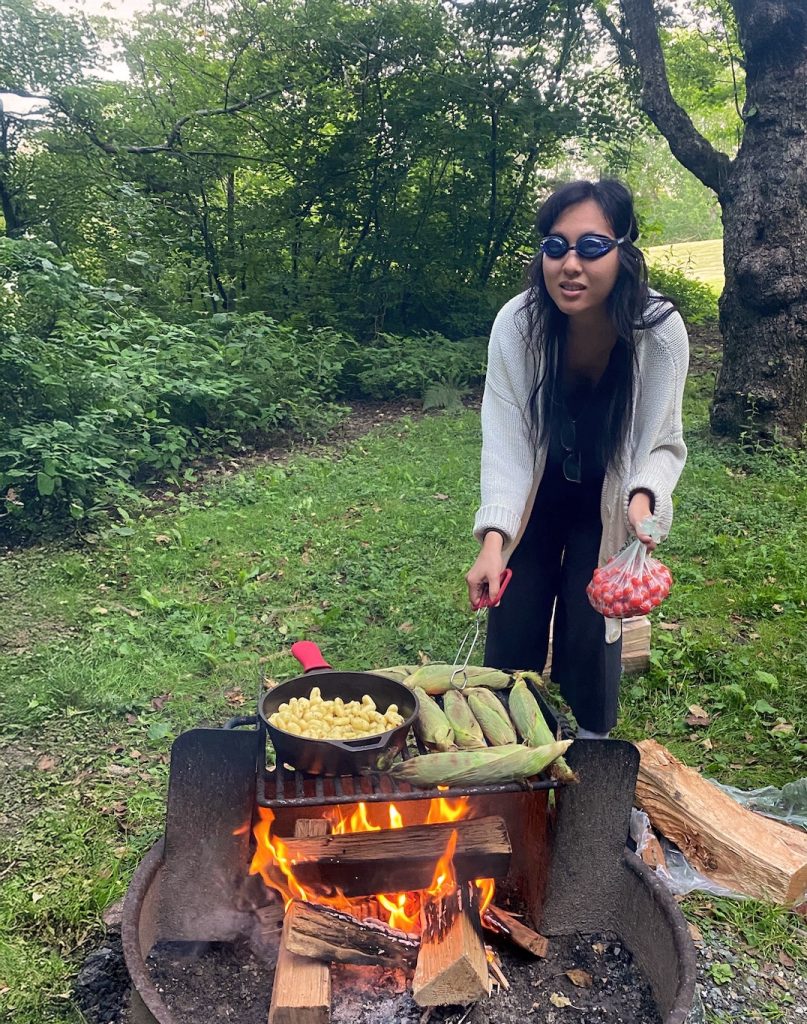
Cooking corn over a campfire while on a camping trip with my coworkers. The next morning we got up at 4am for a sunrise viewing of a James Turrell installation at the Massachusetts Museum of Contemporary Art.
Social media is really just a crutch — we hold within our very selves everything needed to connect and communicate with the people around us.

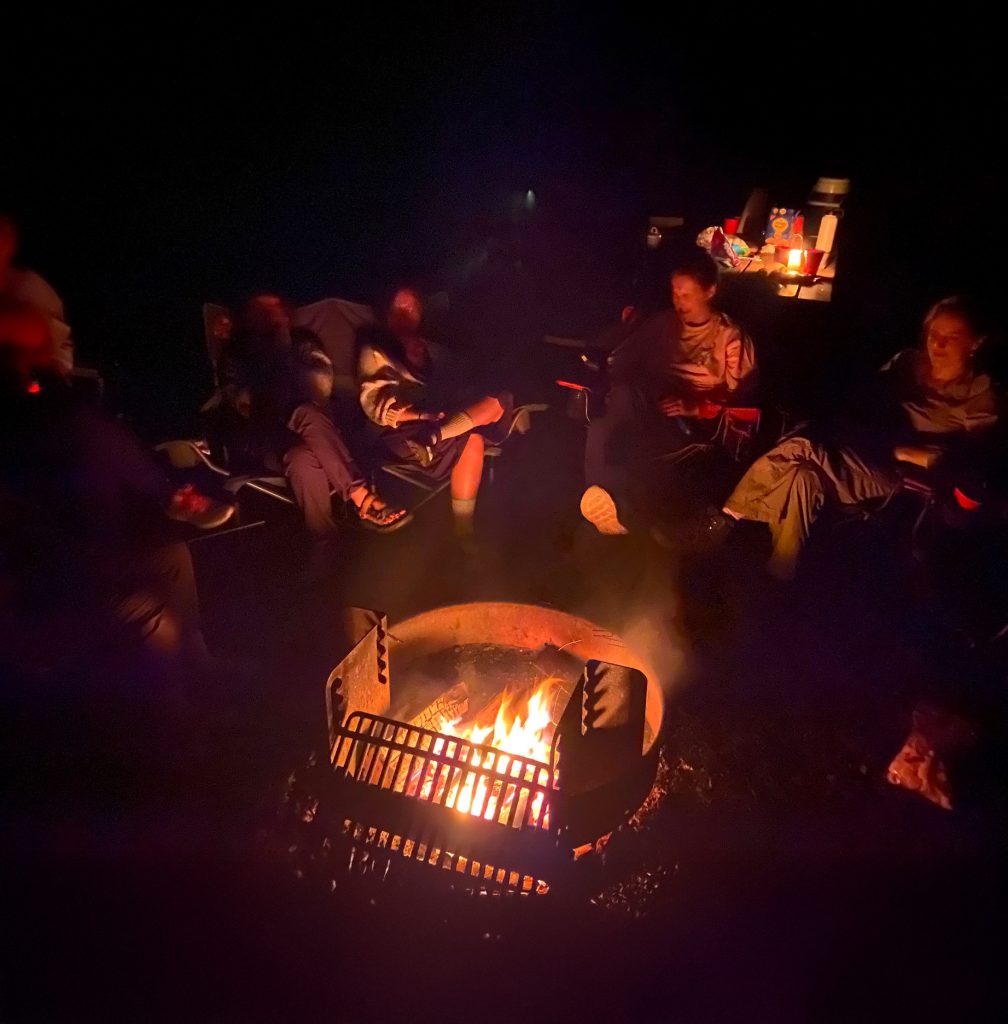
Toasting marshmallows for smores and chatting late into the night.
I did finally delete Instagram and Facebook from my phone a couple of months ago, partly because of Zuckerberg’s support of Trump, and Meta’s annoying pushiness around AI pushing me over the edge. I thought it would take a while to detox, but was surprised by how quickly my scrolling instinct faded, as I learned to identify what needs I was really feeling and reaching for better ways to meet them. If I’m feeling lonely, I text my friends directly. If I’m bored, I reach for a book. If I want to know what’s happening in my community, I go to the bulletin board (virtual and IRL — in real life). Now I only log in to Facebook when I’m looking for something specific on Facebook Marketplace or my local Buy Nothing group. I was also prepared to feel cut off from the world, no longer updated on my friends’ lives. However, it turns out that I already have more than enough friends in real life, and cutting out the noise allows me to devote more attention and effort to those interactions. I was also reassured by bumping into an old junior college classmate at a wedding during a recent trip home to Singapore — even though we’d had zero contact since graduation, we still decided to catch up over dinner and spend hours just talking. Social media is really just a crutch — we hold within our very selves everything needed to connect and communicate with the people around us.
An unexpected side effect of leaving social media has been reconnecting with myself, free from the sway of others. Distancing myself from all the influencers and advertisers is not only saving me a lot of money, but is also giving me the space to consider what I really want in my life, what I want to eat, how I want to dress, and what I want to do this weekend. Do you remember what it felt like, before all our opinions were aired publicly and all our doings had a permanent record, to say something you weren’t sure about, or that you might change your mind about later? The freedom of being able to try out a new persona or play with an idea without having to commit to it? The ability to continually redefine yourself without being beholden to hashtags and brand identities and ‘For You’ content? The price for the convenience of curated feeds is not just the much-discussed segregation of different demographics into their own bubbles, but also the deterioration of our curiosity, the narrowing of our attention span, and the erosion of our capacity to think critically. I am still relearning that, giving myself permission to be inconsistent, to be interested in different things, different ideas, different people every day. Will you join me in becoming human again? ∞
FURTHER READING ON VARIOUS IDEAS I TOUCHED ON ABOVE:
How to Do Nothing
BY JENNY ODELL
A deeper exploration of how the problems of social media are a reflection of our current society’s impulse towards endless growth and exploitation. Discusses how we can expand our attention and refocus on the real world of living beings around us, and what we stand to gain from doing so.
The Art of Gathering
BY PRIYA PARKER
A guide to bringing people together, whether in social or professional settings, that urges us to examine our reasons for gathering, and what meaningful connection looks like.
The Good Life: Lessons from the World’s Longest Scientific Study of Happiness
BY ROBERT WALDINGER, M D AND MARC SCHULZ, PH D
Results and analysis from the longest scientific study on happiness reveal what actually makes a good life for humans (spoiler alert: the answer is a strong network of community and healthy relationships).
Social Quitting
BY CORY DOCTOROW
A blog post on how and why social media platforms deprioritise their users over time, where the term enshittification was first coined.
The Web Revival Manifesto
A vision of what technology and the Internet could be if they were driven by joy, curiosity, and humanity instead of corporate interest. Links to many more (free) resources!

AUGUST 2025 | ISSUE 14
SCREENS BETWEEN US
